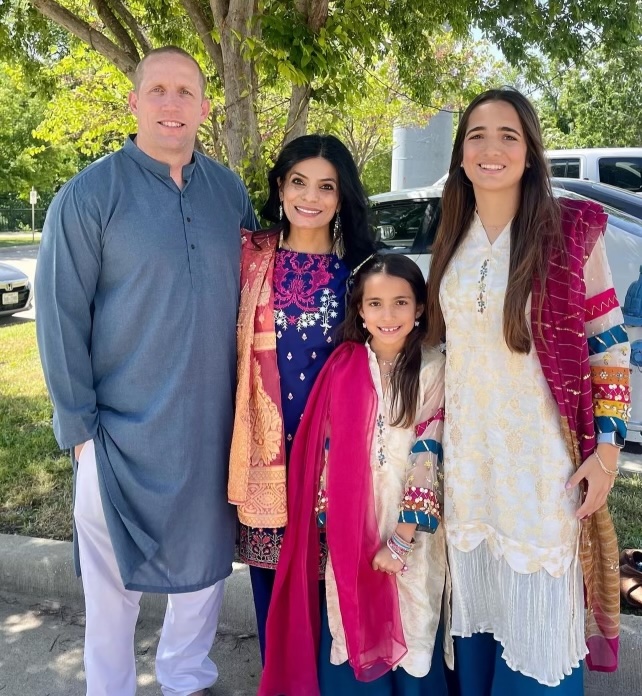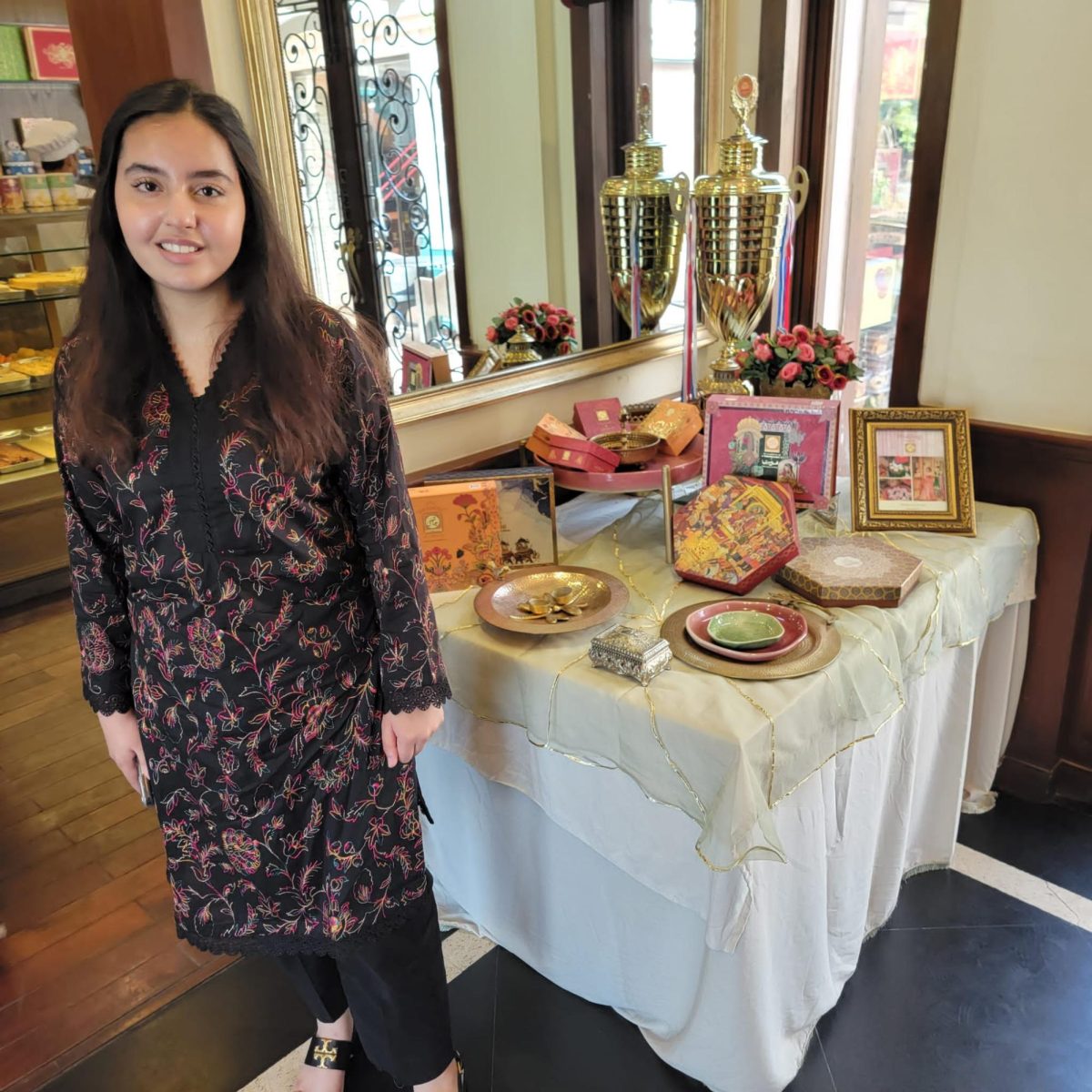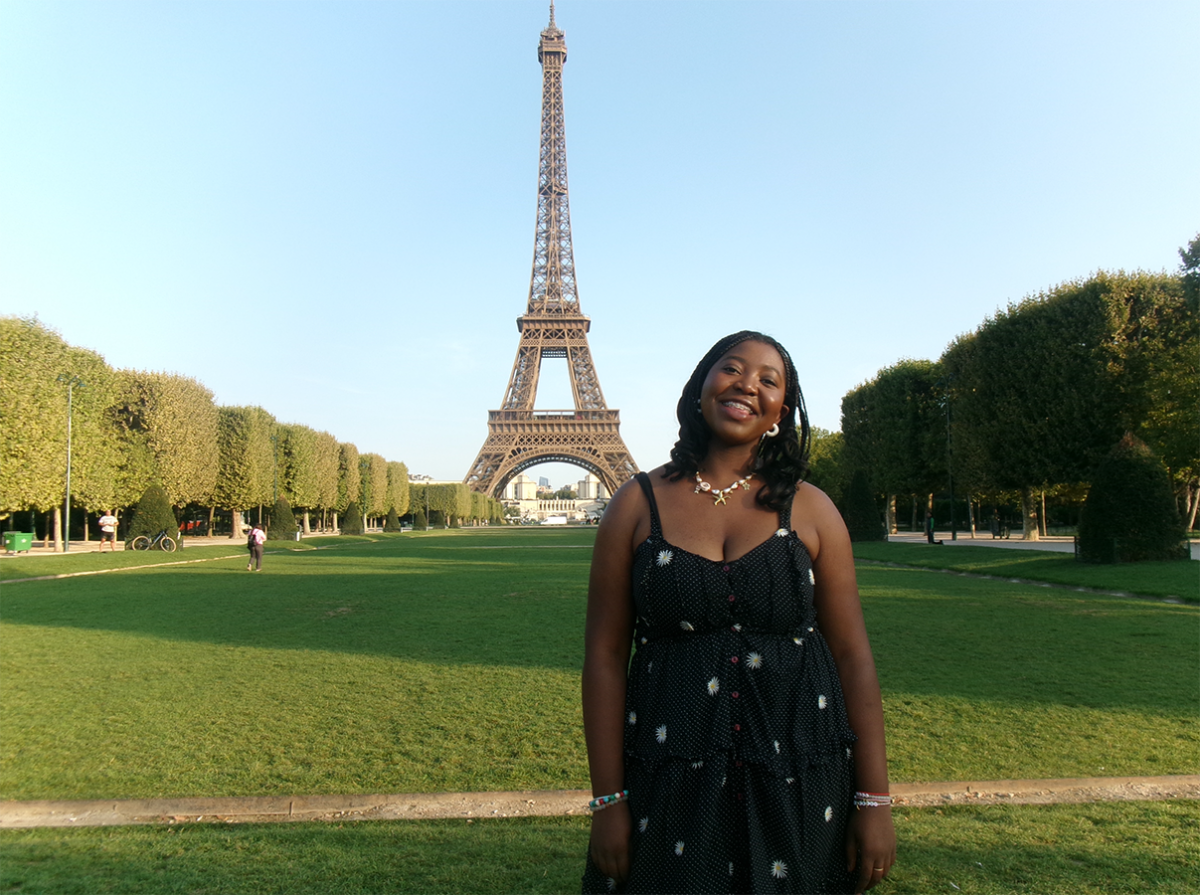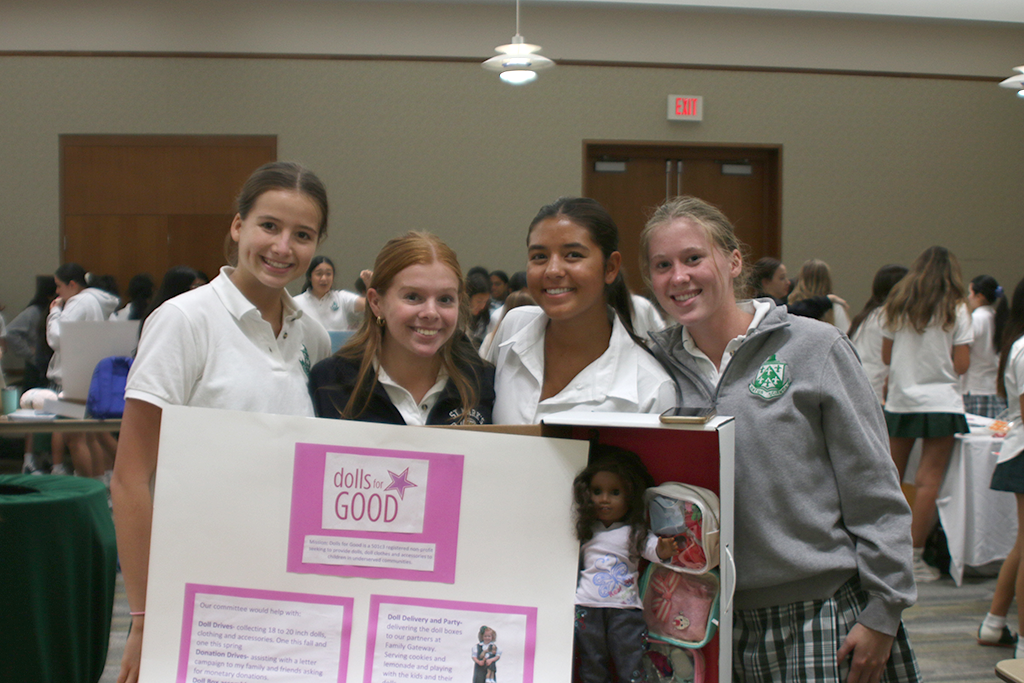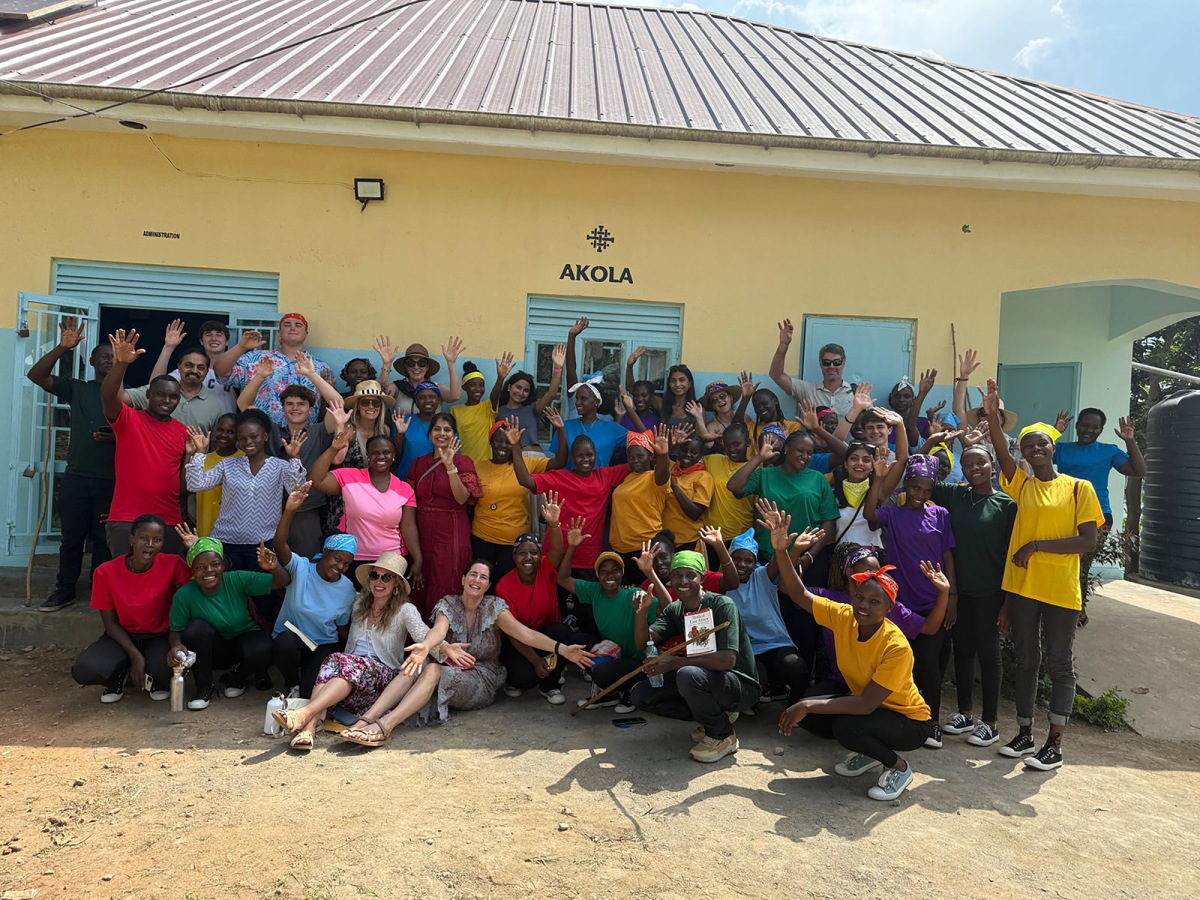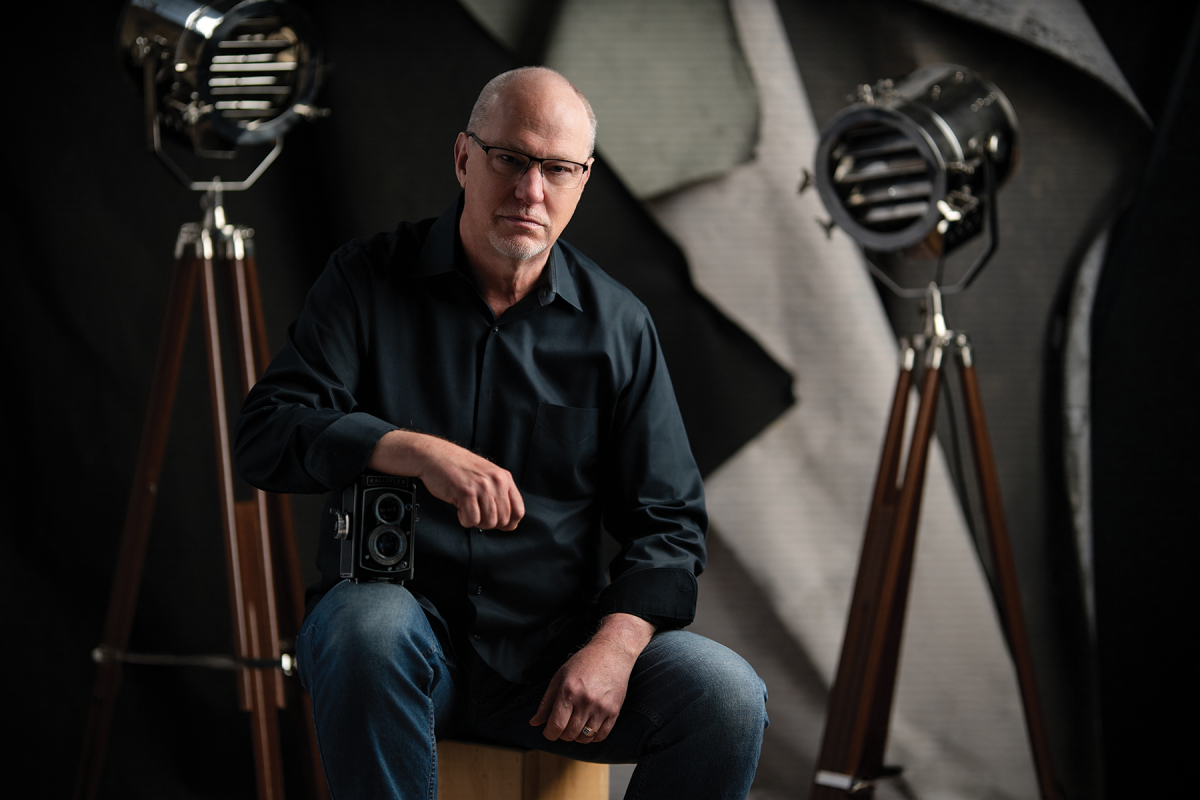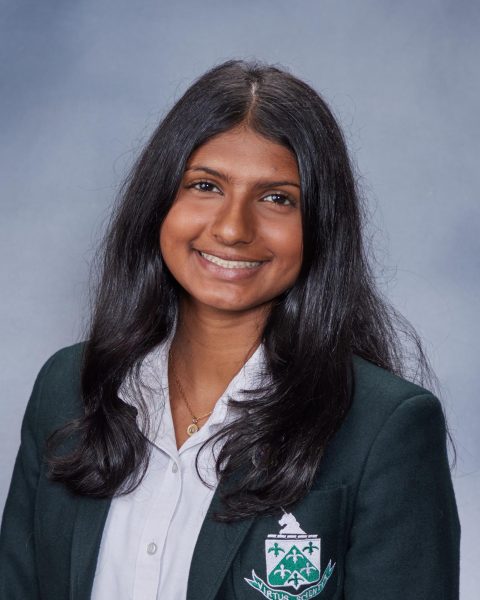Sprinting off the lacrosse field after a tiring day of practice in the hot sun, sophomore Mischa Rutledge heads home to break her fast and take her first sip of water since 6 a.m.
As the holy month of Ramadan approaches, Rutledge prepares herself to fast from dawn to sunset for about thirty days. Ramadan is regarded as the most important month for Muslims all over the world. This year, Ramadan is from Mar. 11 to Apr. 9.
“The whole concept behind it is it’s a month where you have to take responsibility for your actions,” Rutledge said.
During the holy month, Muslims abstain from eating and drinking from sunrise to sunset every day. Rutledge attends lacrosse practice every day after school, even during Ramadan. However, her fasting does not stop her from playing her best. Once the sun sets, she rushes off the field to drive home and break her fast.
Junior Faiha Khurram, president of the Muslim Student Association (MSA), also observes the month of Ramadan and is excited to plan an Eid celebration for this year. Eid-al-Fitr, the holiday commonly known as Eid, is the day when Muslims break their fast to commemorate the end of Ramadan and is on Apr. 9 this year. MSA hosted their first Eid celebration this past year and plans to continue this tradition.
“Last year we had henna and food, but this year we want to expand on that and make it even better,” Khurram said.
Many students also look forward to getting henna, a type of temporary tattoo used in Islamic culture, and eating traditional dishes that would be served on Eid.
Some of Khurram’s favorite memories from Eid include getting ready and hanging out with her friends and family at parties. However, she also values the time of reflection during Ramadan.
“Fasting helps you be more thankful because other people don’t have food,” Khurram said. “You’re supposed to uphold your Muslim values like generosity by giving money to your local mosque or refugee camps to be a better person that whole month.”
MSA faculty sponsor Aisha Ashraf agrees fasting can be difficult to balance with her everyday life, but it teaches her patience and empathy for others.
“Throughout the year you’re busy, and there’s other things going on,” Ashraf said. “This is a dedicated time where everyone goes to the mosque at night and there’s family gatherings.”
For Khurram, Ramadan is about upholding her values and becoming a better person for the whole month. She is also happy to clarify misconceptions her non-Muslim friends may have about the month.
“People often come up to me and ask if I can at least drink water, to which I reply no; Muslims abstain from food and water from sunrise to sunset,” Khurram said. “However, it’s not just about the food and drinks—we also try to abstain from bad habits like having rude behavior, throughout the month.”
Rutledge has also experienced the same misconceptions.
“Many people question why I’m starving myself and why I can’t just eat,” Rutledge said.
Rutledge said she sometimes encounters rude and inappropriate comments about her customs, and whether intentional or accidental, she strives to correct those who have assumptions and educate anyone on the culture.
While others may assume that fasting for Ramadan weakens them, Muslims believe it is mentally strengthening, as it is a time for spiritual devotion and connection. Each of these women has a lot on their hands, juggling sports, academics and their personal lives, but they always make time to be thankful.
“It really makes you think how other people in the world don’t have food and what they’re going through,” Ashraf said.


